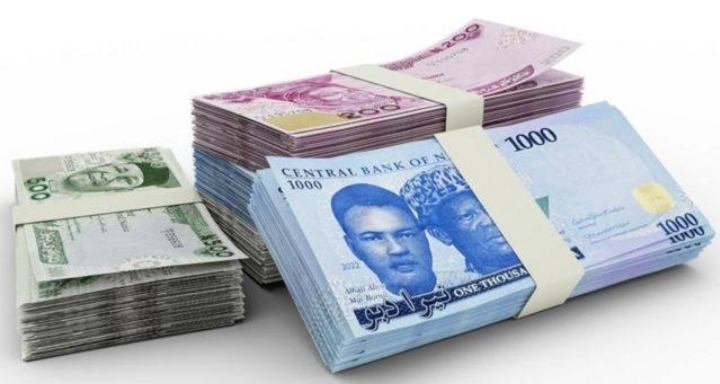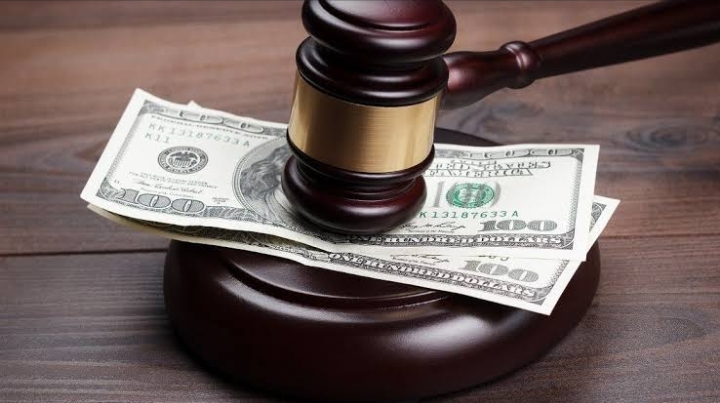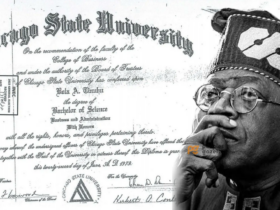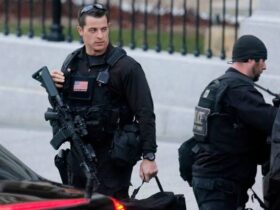
Jersey’s Royal Court has ordered the return of $8.9 million to Nigeria, after finding that the money was stolen by corrupt Nigerian officials in 2014.
The money was part of a larger sum that was meant for buying arms to fight the Islamist militant group Boko Haram, which has been waging a violent insurgency in Nigeria since 2009.
However, instead of using the money for legitimate defence purposes, some Nigerian government officials and their associates diverted it to foreign bank accounts and shell companies, using fake contracts and invoices to cover their tracks.
The money laundering scheme was exposed by Jersey’s Attorney General, Mark Temple KC, who issued a forfeiture notice in November 2020, claiming that the funds in a Jersey bank account were the proceeds of crime.
The Jersey court agreed with Temple’s claim and ruled in favour of returning the money to Nigeria, where it could be used for the benefit of the Nigerian people.
Temple praised the cooperation between Jersey and Nigeria in the asset recovery process, and highlighted the role of the 2018 Forfeiture Law in fighting corruption and restoring justice.
He said: “This case again demonstrates the effectiveness of the 2018 Forfeiture Law in recovering the proceeds of corruption and restoring that money to victims of crime. I now intend to negotiate an asset return agreement with the Federal Republic of Nigeria.”
The case also sheds light on the widespread corruption and mismanagement that plagued Nigeria’s defence sector under the administration of former President Goodluck Jonathan, who was in power from 2010 to 2015.
Several high-ranking officials, including the former National Security Adviser, Sambo Dasuki, have been accused of embezzling billions of dollars meant for security equipment and operations.
In one notorious incident, a private jet belonging to the former President of the Christian Association of Nigeria, Pastor Ayo Oritsejafor, was seized in South Africa with $10 million cash on board, allegedly intended for buying weapons.








Leave a Reply